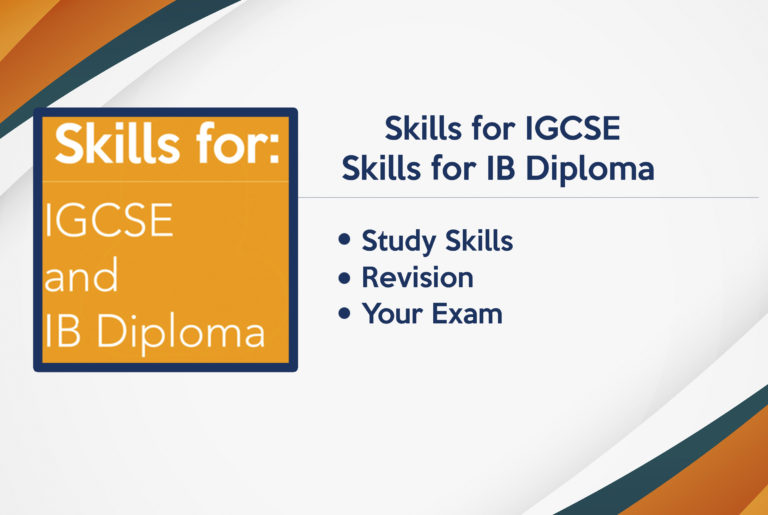Essay Planning 1: When the question guides you
I always found it difficult to convince my students that a brief essay plan was worth their time. But it is! Pure and simple.
In two complementing “short pieces” I’m going to take two questions from an exam back in May, 2002 – probably before you were born! But they will serve my purpose
Here is the first:
In what ways, and for what reasons, did two rulers of single-party states, each chosen from a different region, fail to achieve their objectives?
May, 2002
The first advantage to essay planning is that it makes you read the question properly and helps you to focus your attention on what the examiner wants from you.
This first question, I think, gives you a lot of help in setting out your plan, But you are still required to think, and trust me, it is the thinking (and the planning) that will sort the 7s out from the 4s (we’re not thinking of anything less than a 4 are we?).
Let’s take the first question and break it down. What does it ask of you?
You need to consider two rulers of single-party states, and each needs to be chosen from a region different to the other one. Straight forward. Of course it is. But I guarantee you a few students will miss the obvious. You will choose you leaders in a nano-second I hope, so no time lost there.
Next, you note that it asks for two things: ways and reasons. “Ways” will test your knowledge; “reasons” will test your ability to explain.
But there is still one more thing to focus on: their failure to meet their objectives. So, only concentrate on “failures”, this is not a “To what extent” or “How far” question. Now again, I would expect the vast majority of students to focus on failures. Less so, “objectives”.
This word gives you your introduction to each half of your essay: What were the aims of each of your chosen leaders? You can identify a number of aims but I would then choose no more than two to take forward into more depth. You might choose one each from domestic policy and foreign policy, or both might be from the same policy area. A paragraph on the “ways” in which they failed, and a paragraph on the “reasons” for failure. Job done.
But a brief word on choices: always explain your choices to the examiner. Other students might make different choices but you have made yours for a reason, so explain it.
A word on “ways, well a few words actually. What are the ways of failing? Doing nothing (like not revising or planning – ha ha!). Doing the wrong thing. Not listening to others. Not realising something is failing and so, not changing course. You can think of other ways but I hope I have made my point. You need to read your question carefully and think about what it is asking. What is more, you are now making an analysis rather than simply describing.
For your conclusion I would either focus on any similarities you have shown between the two rulers or any stark difference – it’s not the point of the question but you will be making a valid concluding point nevertheless.
So, we have a plan
Mini-intro: Aims of ruler 1
Ways the ruler failed
The reasons
Mini-intro: Aims of ruler 1
Ways the ruler failed
The reasons
Conclusion





